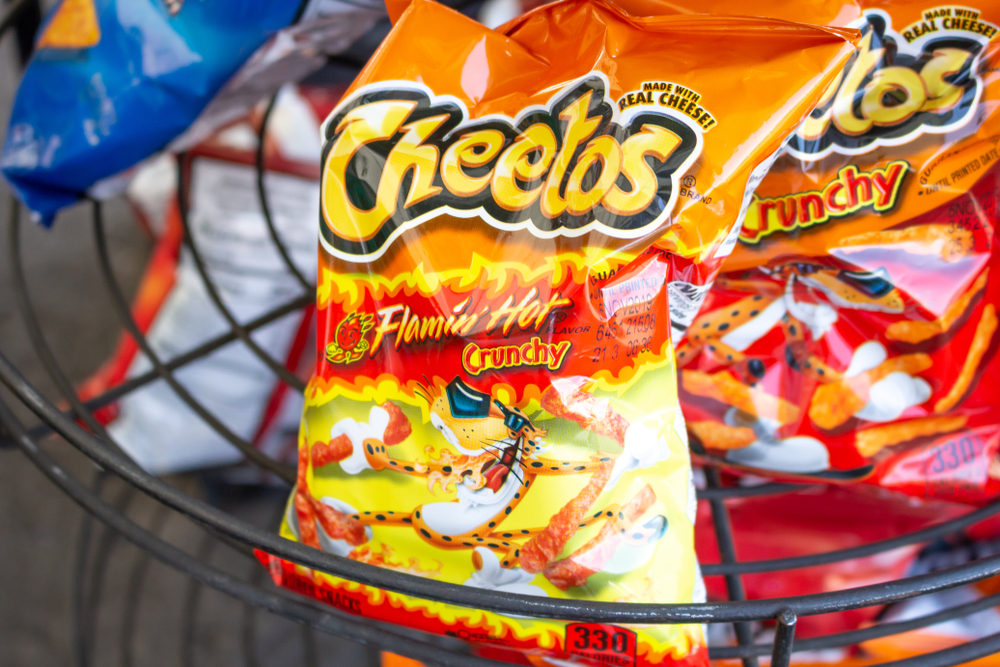Richard Montañez, the former janitor turned executive at PepsiCo, has filed a lawsuit against the company, claiming defamation after they denied his role in inventing the beloved Flamin’ Hot Cheetos. This lawsuit, filed on July 10 in California Superior Court, highlights a dramatic turn in Montañez’s career, which he alleges has been severely impacted by PepsiCo’s recent stance.
Background of the incident
Initially, Montañez enjoyed support from PepsiCo, which promoted his story and even inspired a film about his life. However, the company later sided with former employees who disputed his claims, leading Montañez to seek damages for discrimination, fraud and defamation. He asserts that this shift has harmed his speaking career and resulted in the cancellation of a documentary about his life.
The journey of Richard Montañez
Montañez’s journey began in 1977 when he started working as a janitor at a Frito-Lay plant in Rancho Cucamonga, California. As the son of a Mexican immigrant, Montañez grew up in a migrant labor camp. His big break came when a machine malfunction left a batch of unflavored Cheetos. Montañez took them home, experimented with chili powder, and created a flavor inspired by elote, a popular Mexican grilled corn dish.
In 1991, he pitched his creation to PepsiCo CEO Roger Enrico, who was impressed and directed the company to develop the new spicy snack. Flamin’ Hot Cheetos hit the market in 1992, leading Montañez to further innovate with products like Flamin’ Hot Popcorn and Lime and Chili Fritos.
Rise to success
Montañez’s success soared as he was promoted to business development manager and later to vice president of multicultural marketing and sales at PepsiCo. His inspiring story made him a sought-after speaker, and he eventually retired in 2019 to focus on motivational speaking. The film Flamin’ Hot, produced by Devon Franklin, was released in 2023, further solidifying his legacy.
The shift in PepsiCo’s stance
In 2021, PepsiCo’s relationship with Montañez soured after a Los Angeles Times article questioned his involvement in creating Flamin’ Hot Cheetos. Former employees claimed they were already developing spicy snacks before Montañez’s pitch. Although Frito-Lay acknowledged Montañez’s contributions, they stated that their previous communications had been misconstrued, leading to confusion about their position.
As Montañez continues to fight for recognition and justice, the situation raises questions about corporate accountability and the importance of acknowledging contributions from diverse backgrounds. The outcome of this lawsuit could have significant implications for Montañez and the narrative surrounding Flamin’ Hot Cheetos.

















